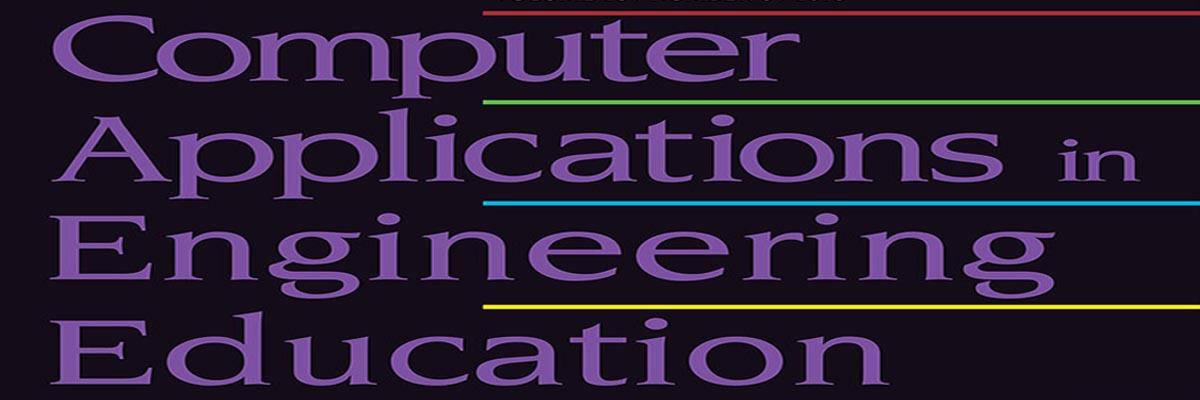
Cookies
El sitio web de la UCLM utiliza cookies propias y de terceros con fines técnicos y de análisis.
Aviso de Cookies23th December 2020

Our colleague Mario Piattini together with professors Hanna Oktaba from the Faculty of Sciences and Frida Díaz-Barriga from the Faculty of Psychology of the National Autonomous University of Mexico direct the doctoral thesis of Eréndira M. Jiménez-Hernández, of which it has been published the article "Using web-based gamified software to learn Boolean algebra simplification in a blended learning setting " in the journal Computer Applications in Engineering Education .
SUMMARY
One of the fundamental topics in the education of students enrolled in computer science majors is Boolean algebra. This is because it allows the expression of various problems related to digital design, artificial intelligence, databases, compilers and formal languages, among others, such as a sequence of operations and Boolean variables, which can be addressed using algebraic methods. Boolean to optimize algorithms, minimize digital components, etc.
This study presents a web-based software, called MiniBool, which has been developed with the aim of supporting the learning of Boolean algebra in a blended learning environment.
This educational proposition gives students the opportunity to reinforce learning anytime, anywhere. In addition, it increases student motivation by including gamification, through the use of a ranking that shows the level of student participation. MiniBool was evaluated through a formal experiment, which was carried out with Discrete Mathematics students from a higher education institution in Mexico, where two random groups were formed: A control group, whose members attended classes and reinforced their knowledge in a traditional way with a pencil and paper, and an experimental group, who learned in a mixed learning context, receiving the same classes as the control group, but reinforcing what was learned with MiniBool.
The statistical results obtained indicate that the use of MiniBool has a positive and motivating effect on learning and that higher academic performance is achieved than when the traditional teaching-learning method is applied.